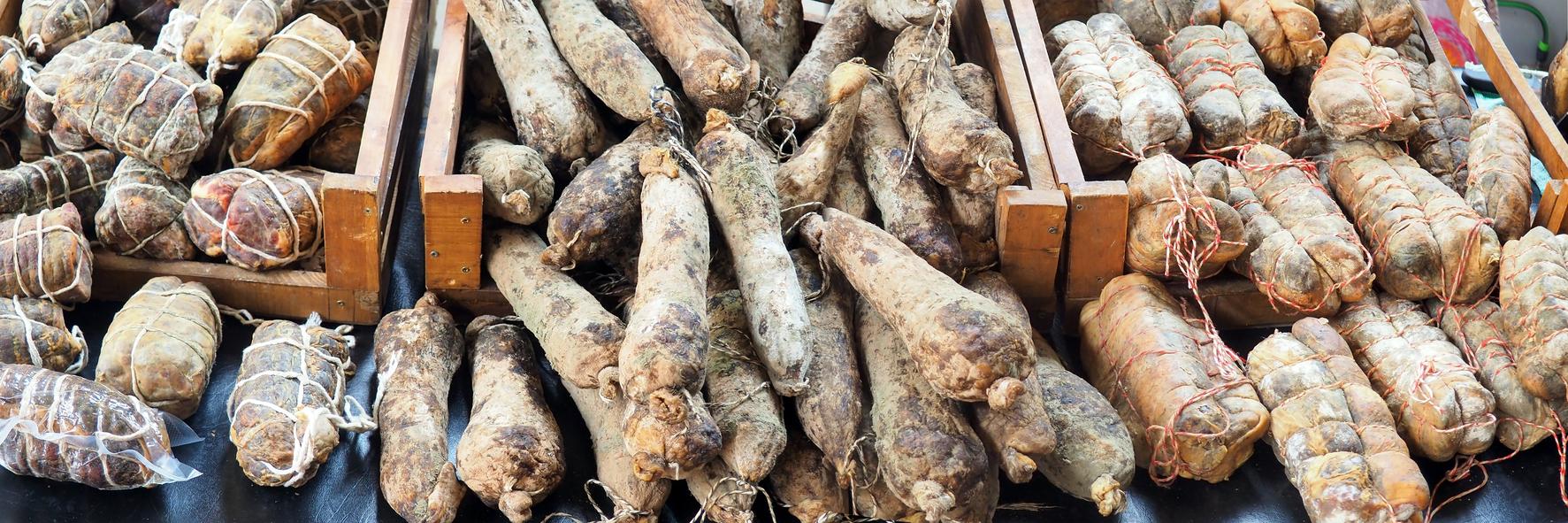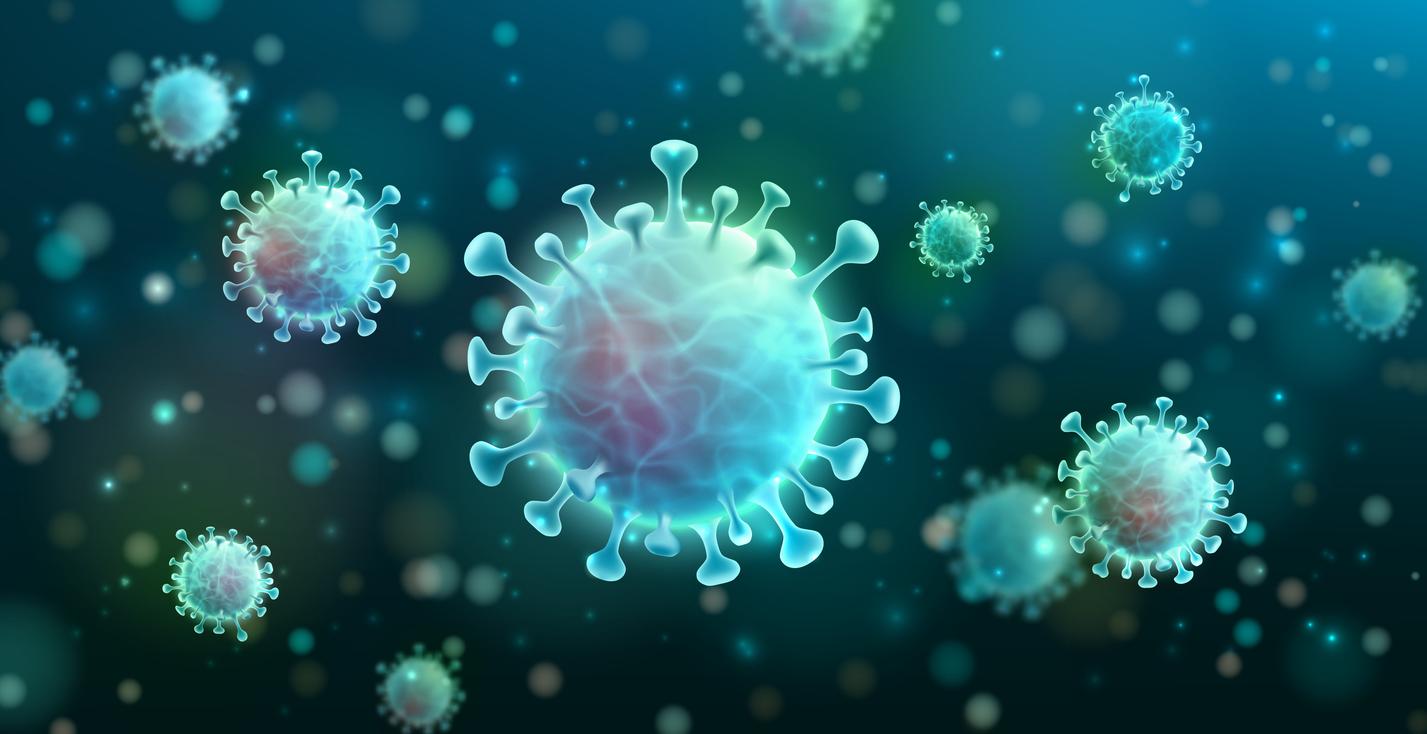The National Institute of Allergy and Infectious Diseases (NIAID) of the United States in collaboration with the pharmaceutical group GlaxoSmithKline are currently working on the development of a vaccine against Ebola hemorrhagic fever. Initial laboratory tests have already been carried out (successfully) on monkeys and the American National Institute of Health announced yesterday that the clinical phase of human trials should start very soon.
This vaccine will be tested, starting in September, on a small number of healthy adults who have not contracted the Ebola virus, to see if their bodies create an immune response.
“It is important to know that the Ebola genetic material contained in the experimental vaccine will not be able to cause infection in vaccinated persons,” said the NIH.
20,000 people eventually affected
The clinical trial procedure for the vaccine has been accelerated due to the very rapid spread of the virus in West Africa. The latest report from the World Health Organization, published on Thursday, shows the worsening of the Ebola epidemic.
Liberia, the most affected country, alone has 1,378 cases including 694 deaths and Sierra Leone, 1,026 cases including 422 victims. In Guinea, where the hemorrhagic fever epidemic started last January, 648 cases have been identified, including 430 deaths. And 13 cases have just been announced in the Democratic Republic of Congo, which seemed to be spared.
Eventually, the WHO expects the virus to continue to progress in an accelerated fashion and affect at least 20,000 people. To date, 3,000 cases have been confirmed, and 1,500 people have died of hemorrhagic fever since the beginning of 2014.

















